Vinyl windows are a popular choice for their affordability, durability, and low maintenance. Knowing their lifespan helps homeowners make informed decisions about investments and replacements. Typically, vinyl windows last between 20 to 40 years, influenced by factors such as:
- Quality
- Climate
- Installation
- Maintenance
Harsh weather conditions and poor upkeep can shorten their lifespan, so it’s vital to choose windows suited for local climates and ensure professional installation.
Regular maintenance can significantly extend their longevity, including:
- Checking for damage
- Ensuring weather stripping is intact
What Affects the Lifespan of Vinyl Windows?
Crafted from polyvinyl chloride (PVC), vinyl windows are beloved for their resilience, affordability, and ease of upkeep.
They’ve become a favored option for homeowners seeking cost-effective performance across the board, offering several advantages:
- Durability: Resistant to warping and fading
- Low Maintenance: Requires minimal upkeep
- Energy Efficiency: Helps reduce heating and cooling costs
With these benefits, it’s no wonder vinyl windows are a popular choice!
Average Lifespan of Vinyl Windows
Vinyl windows boast an average lifespan of 20 to 40 years, depending on various factors. Performance can fluctuate based on notable influences, including:
- Quality of the vinyl used
- Proficiency of the installation
- Environmental conditions they are exposed to
For instance, high-grade vinyl windows, with meticulous maintenance, have been known to endure up to 40 years. This longevity provides a lasting value for your initial investment.
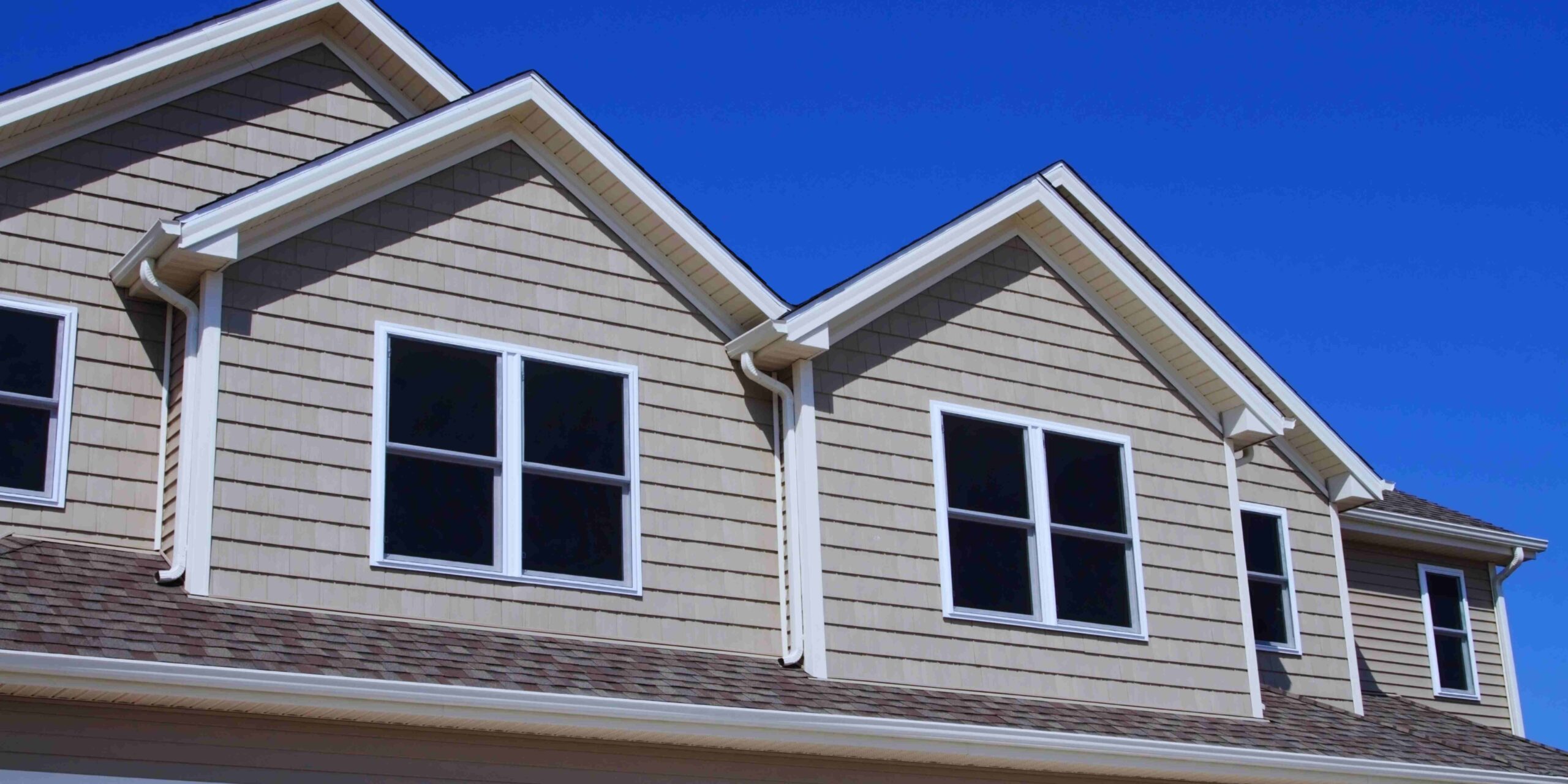
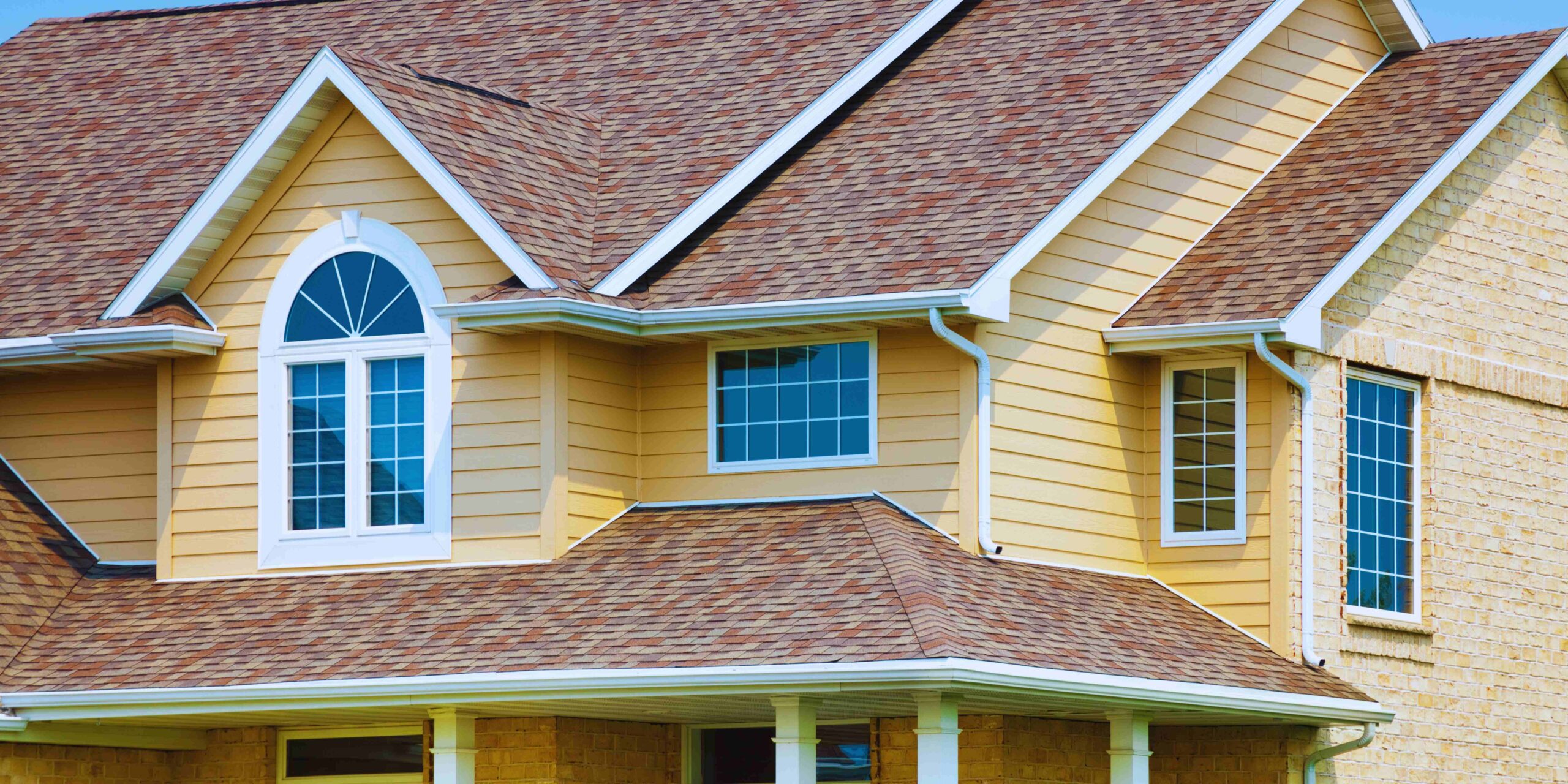
Quality of Vinyl Material
The quality of the vinyl material immensely impacts the durability of the windows. Higher-grade vinyl often features a thicker composition, enhancing its resistance to warping and cracking. This ensures it stands up against the elements with minimal wear.
In contrast, lower-grade vinyl generally uses thinner materials, making it more susceptible to damage and occasionally resulting in a reduced lifespan.
This is why selecting robust, high-quality materials from reputable providers like Mr. Roof & Remodeling Company is essential for longevity and peace of mind. Consider the following when choosing vinyl windows:
- Durability: Thicker materials resist warping and cracking.
- Lifespan: High-quality vinyl typically lasts longer.
- Weather Resistance: Robust vinyl stands up to the elements better.
Choosing the right materials will ensure your windows remain reliable and effective over time.
Installation Quality
When it comes to vinyl windows, professional installation isn’t just a preference—it’s a necessity. The cornerstone of ensuring your windows’ optimal performance lies in the quality of their installation.
Poorly installed windows can lead to a host of issues, including:
- Troublesome leaks during the rainy season
- Unwelcome drafts in the chill of winter
- Premature wear that cuts their lifespan short
On the flip side, windows installed by seasoned professionals are bound to fulfill and even exceed their intended lifespan. This keeps your home both cozy and energy-efficient.
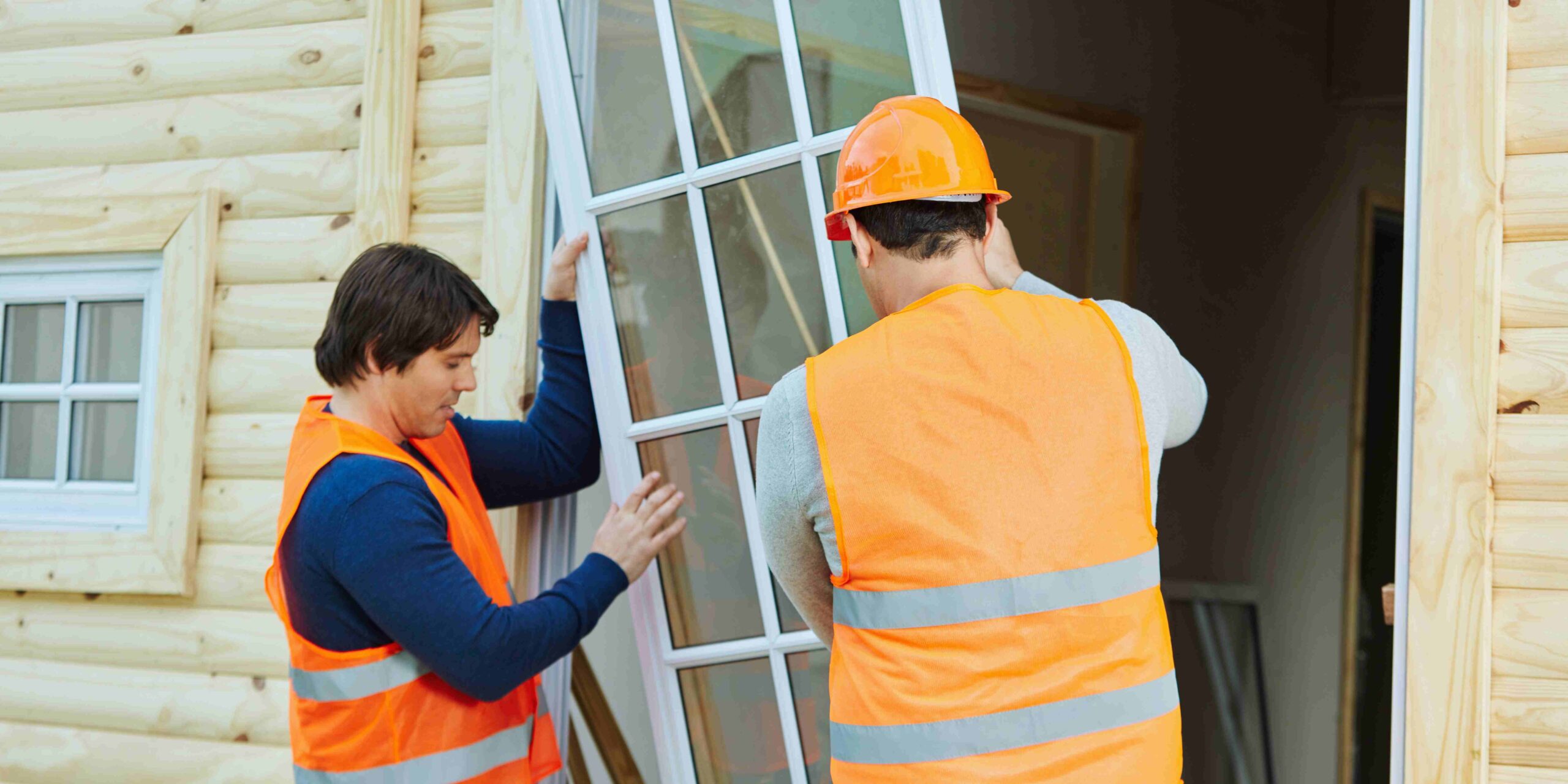
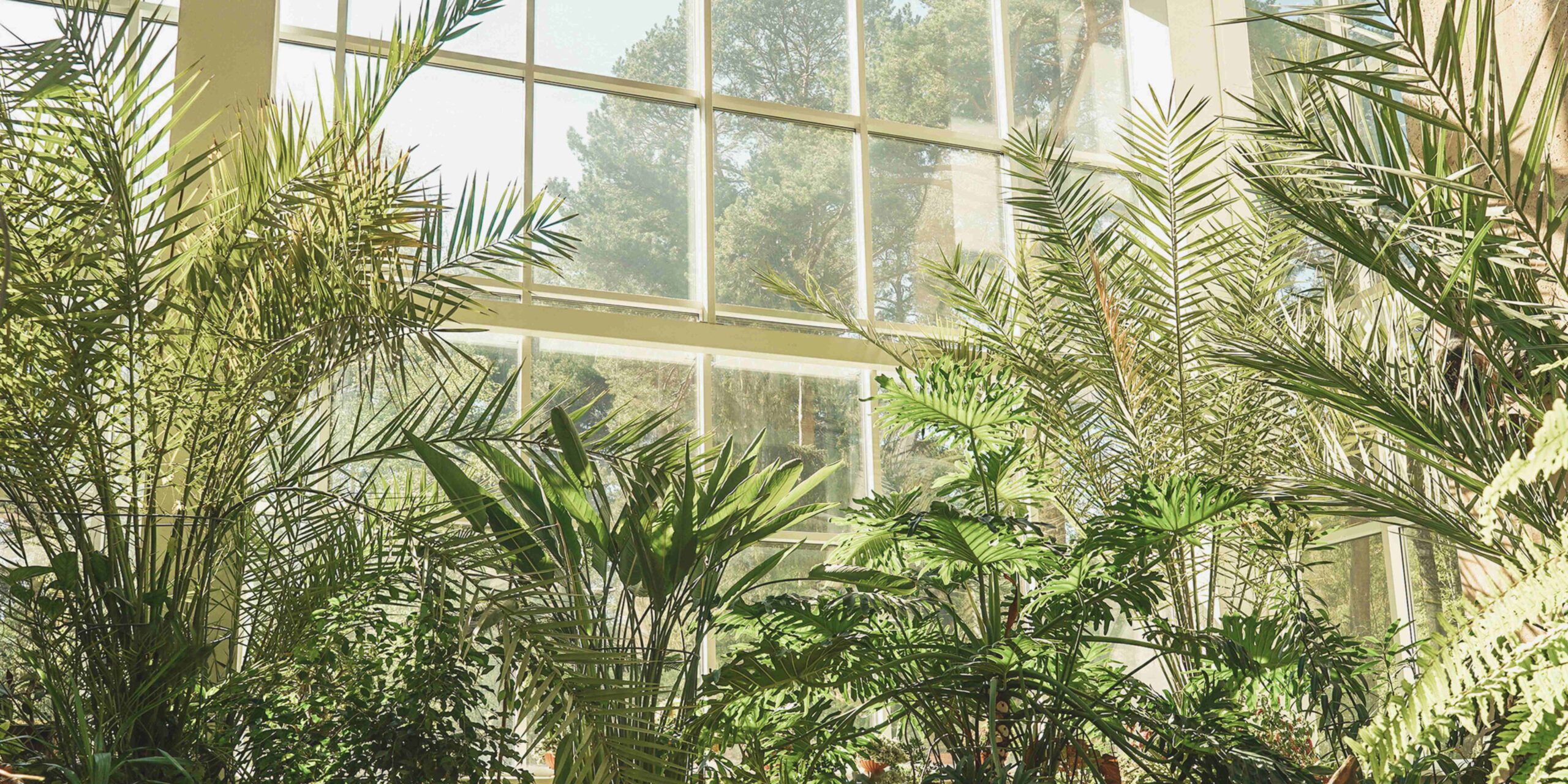
Environmental Factors
The climate plays a decisive role in determining how long your vinyl windows will last. Each extreme, whether it’s sweltering heat or biting cold, poses its own challenges.
In high temperatures:
- Vinyl expands and contracts, showcasing its flexibility.
- Persistent fluctuations, however, may lead to unwelcome warping.
In colder environments:
- Vinyl’s resilience is tested, making it more susceptible to brittleness and cracking.
Additionally, relentless UV exposure can gradually siphon the vibrancy from the vinyl’s color and undermine its structural integrity.
In regions subject to these harsh conditions, it may necessitate more frequent check-ups or even replacements. Understanding your local climate and its impact is vital.
Signs That Vinyl Windows Need Replacement
Visible Damage
If your vinyl windows show visible signs of wear, it might be time to consider a replacement. Cracks or warping in the frame are early indicators that the structural integrity of the window is compromised. Long-term exposure to extreme temperatures can push vinyl to its limits, leading to noticeable imperfections.
Additionally, if your window glass appears cloudy or foggy, it’s a clear hint that the seals are failing, which may sap your home’s energy efficiency.
These issues don’t just affect aesthetics—they can also have practical implications, such as:
- Increased utility bills
- Reduced energy efficiency
- A less comfortable living space
Addressing these problems promptly can help maintain both the appearance and functionality of your home.
Performance Issues
Performance problems with windows shouldn’t be ignored, as they often worsen over time. Drafts or air leaks suggest your windows aren’t sealing properly, allowing conditioned air to escape and outdoor air to come in. This disrupts comfort and causes a spike in energy costs.
Additionally, if you’re finding it hard to open or close your window smoothly, this could point to misalignment or frame damage. Such hindrances are not just frustrating—they might indicate deeper issues that require attention.
Consider the following signs that may mean it’s time for an upgrade:
- Drafts or air leaks
- Difficulty in opening or closing windows
- Signs of misalignment or frame damage
How to Prolong the Lifespan of Vinyl Windows
Regular Maintenance
Routine attention goes a long way. Cleaning your vinyl windows should be part of a scheduled maintenance routine. Use mild soap and water to gently wipe down the frames and glass, steering clear of harsh chemicals that may compromise the vinyl’s integrity.
It’s not just about aesthetics—proper cleaning helps fend off potential issues, like:
- Discoloration
- Buildup
- Compromised efficiency
Additionally, inspecting your windows regularly is crucial. Make it a yearly ritual to examine them for any signs of:
- Cracks
- Warping
- Failing seals
Extreme weather conditions can be particularly taxing, so a post-storm check is wise.
Proper Use and Care
Resisting exposure to undue heat is equally important. Keep your vinyl windows distant from high heat sources like barbecues or outdoor heaters. This caution helps prevent heat-induced warping, ensuring the windows retain their shape and functionality over time.
Furthermore, maintaining proper window sealing cannot be overstated. Regularly check the seals and caulking to confirm they’re intact. This vigilance guards against:
- Air leaks
- Water damage
Both are notorious for causing inefficiencies and discomfort indoors. Ensuring that the seals are continually in tip-top shape shields you from unwelcome drafts and keeps energy bills in check.
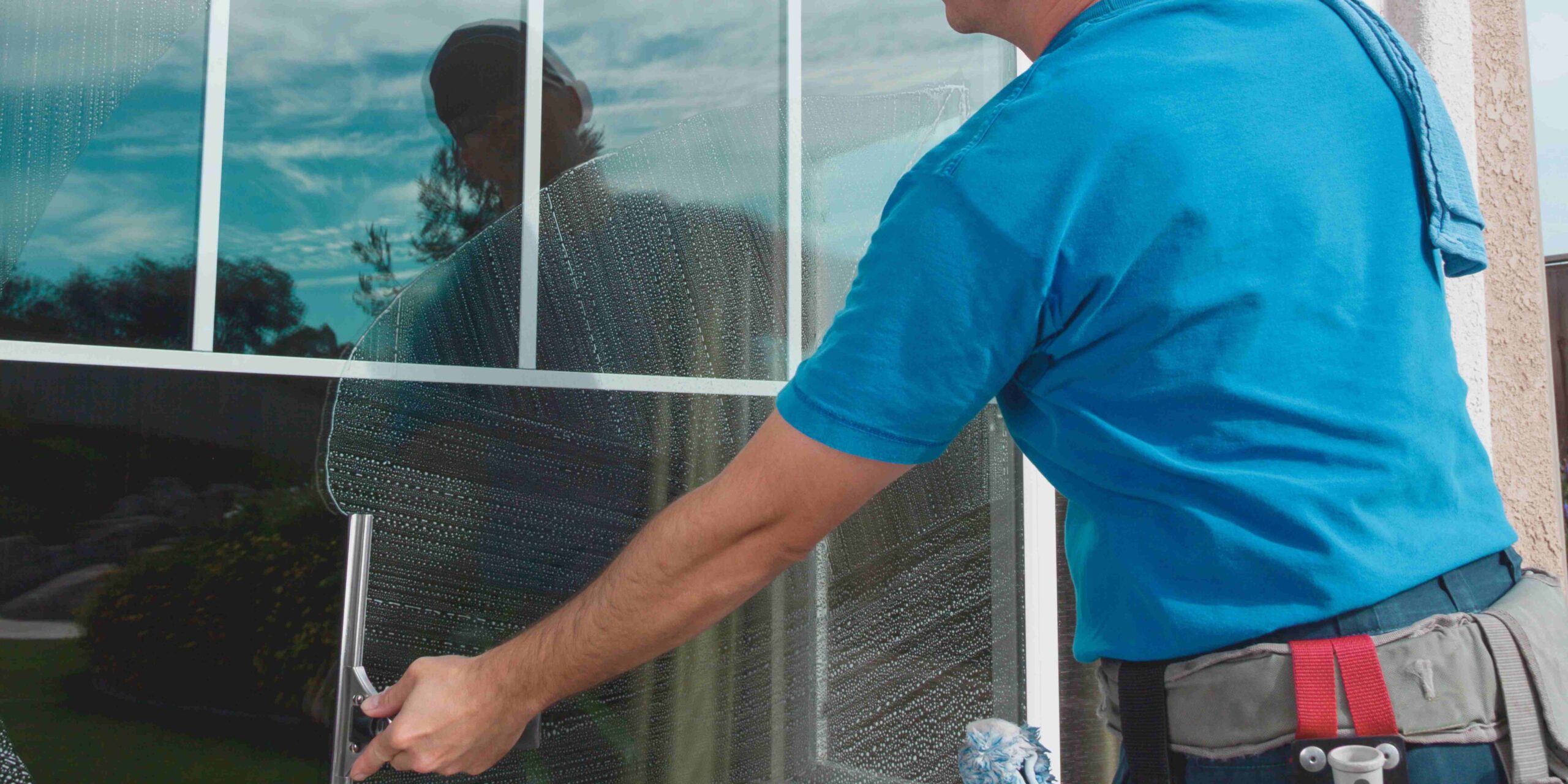
Vinyl Windows vs. Other Window Types
When selecting windows for your home, it’s crucial to understand the differences between options like vinyl, wood, and aluminum.
Vinyl windows stand out for their durability and require less maintenance than wood, which needs regular painting and sealing.
Both vinyl and wood offer good energy efficiency, but vinyl is more cost-effective, appealing to budget-conscious homeowners.
In comparison to aluminum, which can corrode in humid climates, vinyl generally boasts a longer lifespan and superior insulation properties. This makes it a wise investment for comfort and savings.
| Window Type | Average Lifespan | Pros | Cons | Maintenance Requirements |
|---|---|---|---|---|
| Vinyl Windows | 20-40 years | - Affordable - Low maintenance - Energy efficient | - Can warp in extreme heat - Limited color options | - Occasional cleaning - Inspect seals annually |
| Wood Windows | 15-30 years | - Aesthetic appeal - Excellent insulation properties | - Prone to rot, warping, and insect damage - High cost | - Regular painting or sealing - More frequent repairs |
| Aluminum Windows | 20-30 years | - Strong and durable - Slim frame profile | - Poor insulation - Prone to corrosion | - Cleaning - Inspect for corrosion and paint touch-ups |
| Fiberglass Windows | 30-50 years | - Highly durable - Resistant to warping - Energy efficient | - More expensive - Limited color options | - Low maintenance - Occasional cleaning |
| Composite Windows | 40+ years | - Very durable - Excellent insulation - Aesthetic appeal | - High cost | - Low maintenance - Cleaning and occasional inspection |
Final Thoughts on the Lifespan of Vinyl Windows
Vinyl windows offer longevity and affordability for home improvement, lasting 20 to 40 years with proper care. They protect against the elements, ensuring warmth in winter and coolness in summer while keeping energy bills in check.
Key benefits include:
- Long lifespan: 20 to 40 years
- Energy efficiency: Lowers bills
- Resilience: Adapts to climates
- Low maintenance: Easy to care for
At Mr. Roof & Remodeling Company, we bring family values and local expertise to every project, ensuring superior craftsmanship and customer service. Your satisfaction is our priority.
Ready to upgrade? Contact Mr. Roof Company today for professional vinyl window installation that combines style and substance!

